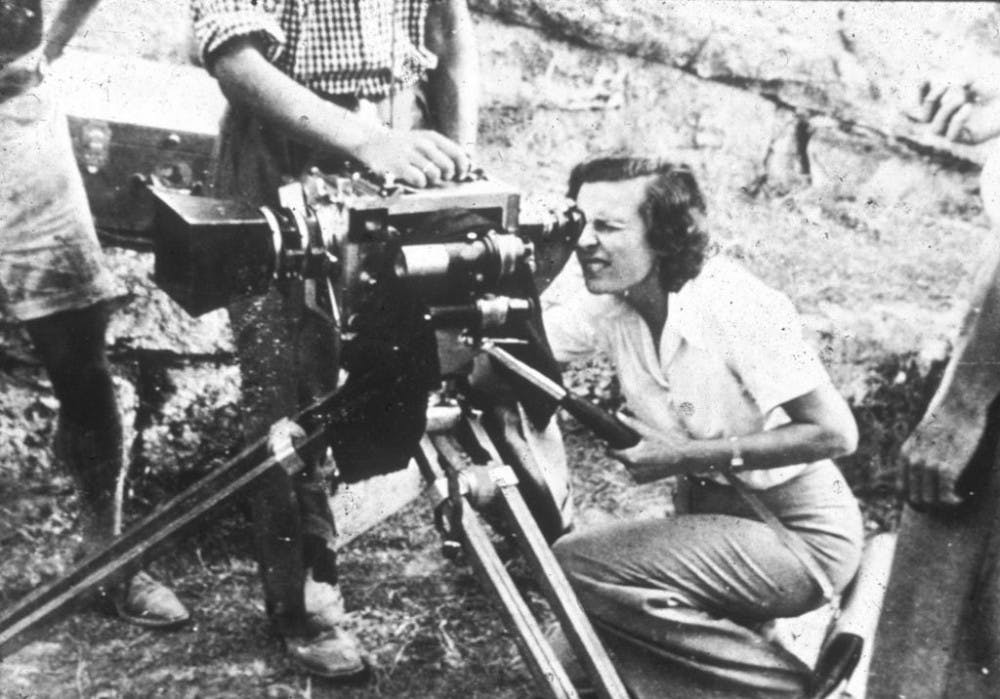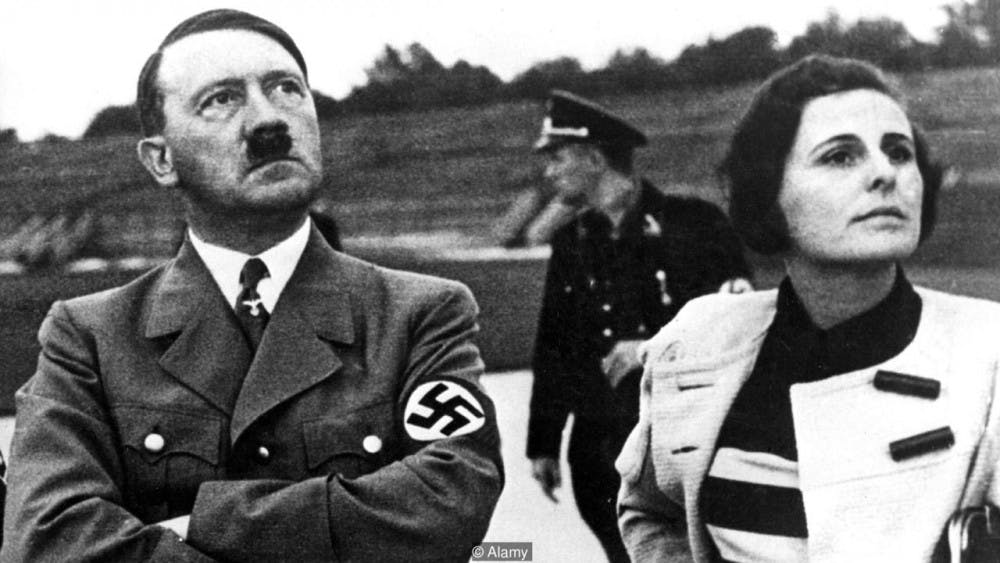By Emily Reuben
The opinions and views expressed in Documenting Docs are those of the author and do not reflect the opinion of Byte or Byte’s editorial board.
It’s Women’s History Month! What better way to begin than by highlighting the work of a Nazi filmmaker? No, I’m not kidding.
Now let me explain my choice to cover her. Let’s say you really dislike someone. You think they’re arrogant, annoying, mean and a handful of other synonymously awful things. But here’s the catch: that person is still insanely talented. You may hate them, but they can dance, act and direct, and that makes you angry. That basically summarizes my feelings towards Leni Riefenstahl. She’s responsible for crafting Nazi propaganda for Hitler, but at the same time is an incredibly talented filmmaker. In fact, Riefenstahl is the first female filmmaker to garner international attention. Of course one of the first famous female filmmakers would be a Nazi.

“She had thirty cameras in operation in order to make the film. Special bridges, towers, and ramps were built by the city of Nuremberg solely for the production of this film. Dollies were built to move along with marching troops, fire trucks were used to get unique shots of monuments throughout the city, and there was even a 120-foot flagpole that had been outfitted with an electric elevator in order to get wide shots from a bird’s eye view.”

Wikipedia Kara Petersen New York State Writer's Institute, The BBC The Birmingham Mail mytholtok.edu



















